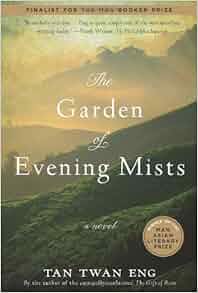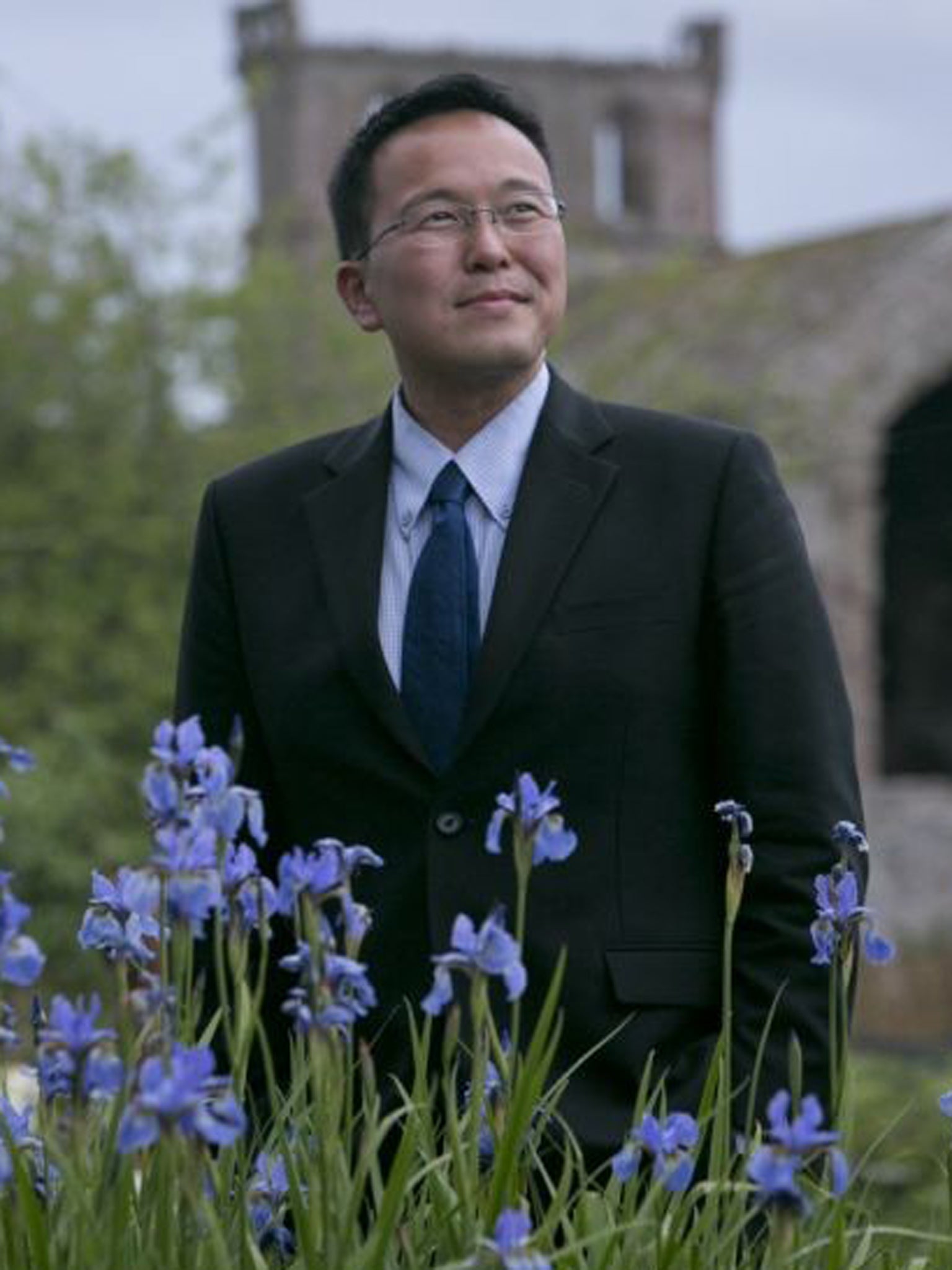
The reason I found it impossible to love is the quality of the writing.

This novel ticks many boxes: its themes are serious, its historic grounding solid, its structure careful, its old-fashioned ornamentalism respectable. The theme here is remembering and forgetting, illustrated by a suitable double metaphor: there is a Mnemosyne garden statue, and Yun Ling suffers from aphasia. Indeed, all the characters, including the righteous Yun Ling and the wise Aritomo, are slowly revealed to be morally ambiguous, compromised by actions that haunt them. The secondary character, Magnus, is a South African whose heart is in Malaya, and who – like Yun Ling – becomes entangled in the pre-independence turmoil of the 1950s. This is a novel that overflows with historical and specialist information, and like The Gift of Rain, it showcases Tan Twan Eng as a master of cultural complexities. We learn about tea-growing, and about the sexually charged practice of horimono (did you know that the subject becomes addicted to the pain?), and chilling details about Japanese war-camps where those such as Yun Ling were "guests of the Emperor", as the obscene term went. We learn about archery, which Aritomo practices as a form of meditation. Meanwhile, we learn about existential gardening concepts such as shakkei, "borrowed scenery" that "every aspect of gardening is a form of deception" that the "Art of Setting Stones" is back-breaking that a garden is the expression of spiritual states.

The chapters in which this redemptive relationship unfolds through the rich metaphors of gardening, tattooing, tea-ceremonies, and Zen philosophy are the psychological core of the novel. Almost against herself, she becomes his apprentice, then his lover, and finally, the canvas for his masterpiece: horimono, a full-body Japanese tattoo. Instead he offers to teach Yun Ling the art of Japanese gardening, for two years.

The taciturn Aritomo is not in the habit of pleasing anyone or apologising for his country's crimes. Her request to Aritomo is simple: build a garden for her sister who perished in the camp, and who loved the gardens of Kyoto. It is 1951, and she is a prosecutor of war criminals and a hater of all things Japanese – except one. Into his life comes independent Yun Ling, daughter of a prosperous Chinese Malaysian family, and the sole survivor of a prisoner-of-war camp. Self-exiled from imperial Japan after a dispute with his employer Emperor Hirohito, Aritomo settles in the hilltops of Malaya and begins to build Yugiri, a "garden of evening mists".


 0 kommentar(er)
0 kommentar(er)
